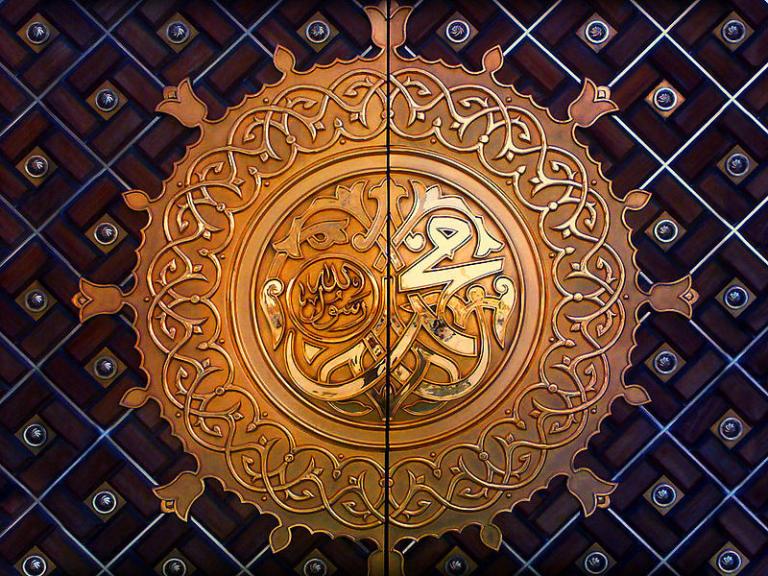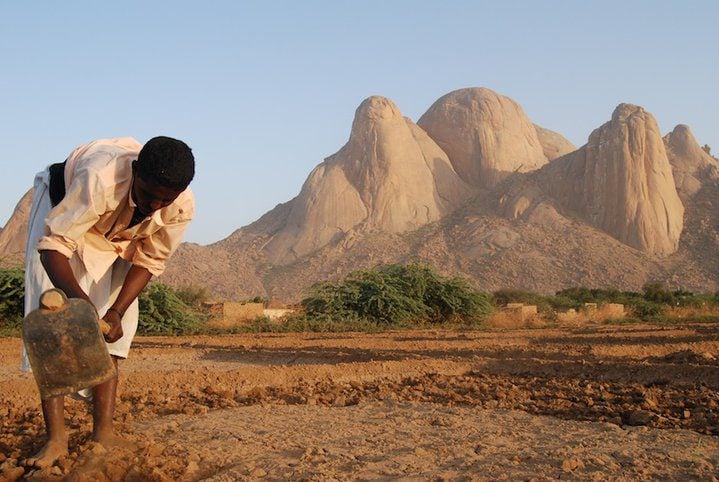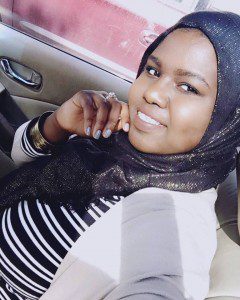I’ve voted in every election I could since I was 18, but I’m not voting tomorrow, Election Day 2012. That’s because I already cast my ballot this weekend because I am serving as an election judge for the first time. Many of my friends and family have also cast early ballots. Some of them are pumped about their local elections. Many are excited to participate in Get Out The Vote efforts for the national tickets. Still, some are just going to be too busy tomorrow to vote, so they decided to vote early. That American Muslims from all ethnic, racial and political backgrounds are still excited to vote and to convince others to vote is continuing a positive trend that began in the late 1990s when Muslims from immigrant backgrounds finally joined their African American sisters and brothers in this civic right and duty. Thankfully, the debate over whether voting is permissible seems to be over (at least among scholars).
American Muslims are a curious voting group; traditionally, they have skewed conservative on most social values (including hot button issues such as abortion and gay marriage), moderate on the economy and health care and left of center on civil liberties and foreign policy. American Muslims are concentrated in many politically important states, such as red Texas, blue California, and swing states like Ohio and Florida. They could be a a deciding factor in many local and state elections. However, they remain a political liability for most elected officials, many of whom shy away from endorsements or support by American Muslim voters, if they’re not outright running a campaign based on Islamophobia.
It might strike you as odd that politically active American Muslims know they’re seen as political kryptonite by most campaigns but are still out there in full force, mobilizing their communities to cast their ballots for Democrat, Green and even Republican candidates. These activists are not naive. They know that many of their fellow citizens view American Muslims with suspicion. They understand that engaging in the political process is the best, and most realistic, way to have an equal voice at the table. They are building coalitions with other voting groups that have similar beliefs across the political spectrum. They are expanding their understanding of community organizing; so-called “Muslim voter” issues are no longer relegated to only foreign policy and civil liberties. American Muslims are voting their values on wider traditional issues that affect all Americans: the environment, taxes, health care, gun control and the economy. For many left-leaning American Muslims, it’s not that suddenly Obama’s drone war has become unimportant; it’s that they’d rather he choose the next couple of Supreme Court Justices, instead of Romney. Most Republican Muslims are unhappy about the focus on American Muslims as a fifth column, but are believe that raising taxes on small businesses is more detrimental to their future in the United States than racist elements in the Republican party.
These trends highlight the maturation of American Muslim voters, some of whom have been sacrificing the community’s short-term needs in order to secure long-term goals of building “a more perfect Union,” where all citizens are treated equally under the law. In this sense, American Muslims have joined the long list of Americans who have expanded their understanding of community needs to include the rights of life, liberty and the pursuit of happiness for all Americans, regardless of racial, economic or religious backgrounds. Last week, over a billion Muslims honored the sacrifices of the Prophet Abraham, his wife Hagar and son Ismael during the annual Hajj pilgrimage and subsequent Eid celebrations. Tomorrow, millions of American Muslims will cast their ballots. Some will happily vote their consciences; others will vote for the “least bad” candidates. All will be standing on the shoulders of civil rights giants, helping to write the next chapter of the American story. And I will be there – bright and early at 5 am and wearing a red, white and blue hijab – privileged to participate.













